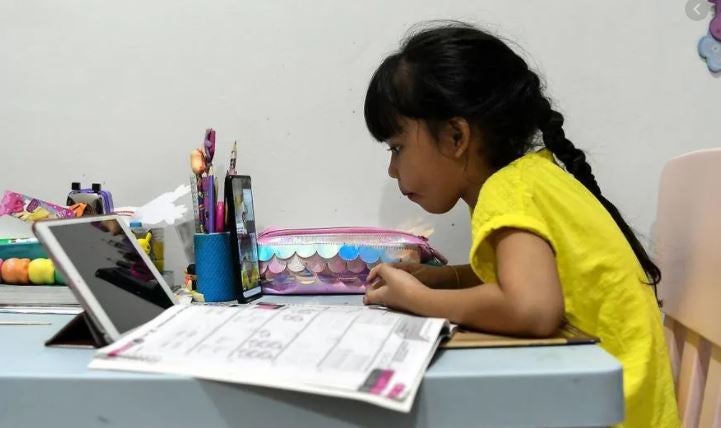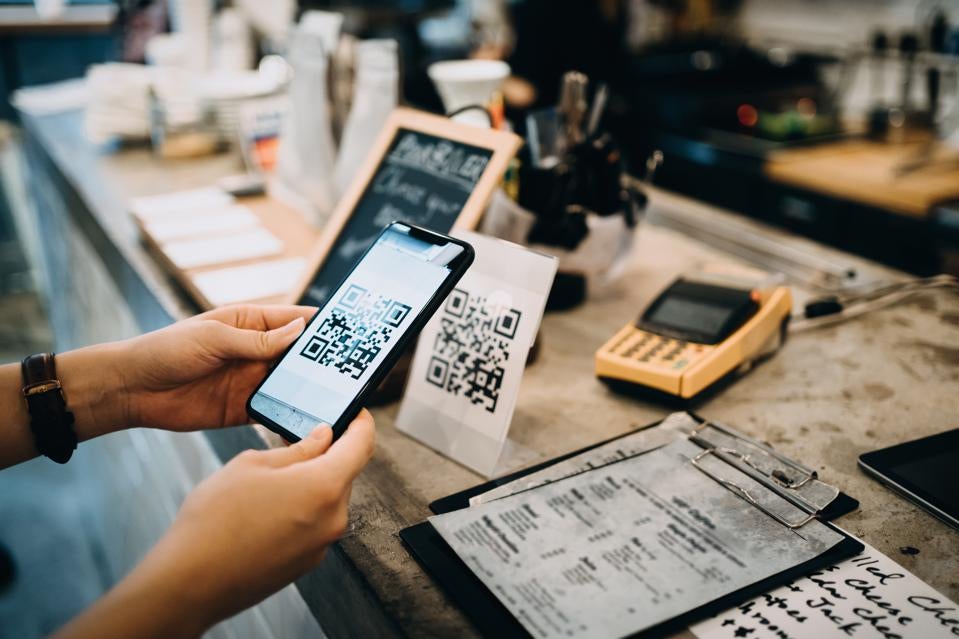Ever since the Movement Control Order (MCO) came into effect almost a year ago, Malaysians had to make drastic changes to their lives as we had to adhere to certain standard operating procedures (SOPs) and maintain social distancing.
Our lives turned on its back and pushed us into adopting a more digital lifestyle, even for those who were not digitally inclined before. But the situation has shown that Malaysians are so ready for a digital era and here are some of the things that prove it:
1. Education can still continue despite schools having to cease operations

With social distancing being mandatory, there’s just no way a school or university can operate as usual. In a different time, education would have had to come to a halt but thanks to digitalisation, young minds can continue to be nurtured at home.
In fact, the Department Of Statistics Malaysia (DOSM) states that, as of 2019, 90.1% of households in Malaysia have access to the internet, with 80.4% of rural areas having access to mobile broadband. Thanks to this, lessons can be conducted regularly as students and teachers can still connect through devices!
2. Small businesses can still sustain themselves by adopting a digital business model

These days, everyone has a mobile device and that is usually enough to help keep in touch with everyone including family, friends and even customers! Whether it’s a makcik selling nasi lemak by the roadside or a local cafe, Malaysians have adapted to running their businesses online and keeping in touch with their customer base.
What’s more, a study by DOSM shows that 81% of Malaysians are on social media, allowing SMEs in F&B and retail sectors to promote freely and attract more business. On top of that, digitalisation has also enabled more Malaysians to thrive as freelancers. In 2018, DOSM reported close to 4 million gig workers!
3. Productivity is increasing as many have moved to working from home

Working from home has many perks for workers but it has also brought some benefits for the companies they work for as well. Thanks to the availability of internet connections in 90.1% of homes in Malaysia, productivity has risen for employees who work from home as it’s more convenient and they don’t have to waste time commuting to work. Working from home has also improved our finances as we don’t spend unnecessarily eating out or even shopping during our breaks.
4. More people are moving towards e-payment or contactless payments

When the MCO began, Malaysians were worried about not being able to go out to buy food and other necessities. But with many companies integrating their businesses with services such as delivery providers, we are able to get everything we need from the comfort of our own homes.
This also pushed Malaysians to start using e-wallets and other means of contactless payments to ensure their safety during the pandemic. Thanks to e-payment promotions and government initiatives, more Malaysians are now using e-payments as their main method of transaction.
In fact, 66% of Malaysian internet users utilise mobile banking and in 2019, there were 144 e-payment transactions per capita. We can only imagine how much the numbers have skyrocketed since then.
5. Family members across the country are able to reconnect

With the MCO in effect, it has been a challenge for Malaysians to reach their loved ones physically. Mobile devices and the internet has helped alleviate some of these difficulties and enabled us to reconnect with our families and friends.
Seeing how Malaysia has achieved 135.4% mobile-cellular penetration in 2019, with 70.2% of mobile subscriptions in the country being 4G connections, reconnecting with family virtually is no issue. We can all be connected no matter what the situation is!
However, while mobile data is available at our fingertips, it goes without saying that there is still a bit of a digital gap with the older generation as they are not used to new technology. With all this in mind, the Malaysian government has decided to step in to make some much-needed changes in order to embrace a more digitalised future for generations to come.
In fact, they will be presenting a digital blueprint for the country to address all these issues and their intent on helping Malaysians move towards a digital economy this week!
The initiative, dubbed the MyDIGITAL and Malaysia Digital Economy Blueprint, will be launched on 19 Feb 2021, Fri at 9am on the Economic Planning Unit’s website.
The launch will be broadcasted live from Kuala Lumpur Convention Center and you can also tune in to TV1, TV3, AWANI and BERNAMA TV.
This digital blueprint is set to move Malaysia and its people towards a future that embraces a digital economy. As it is right now, there are several factors that instigate a push towards this:
- The world economy is becoming increasingly digital
- Consumer behaviour now prioritises quick and convenient experiences, powered by the internet and mobile phones
- COVID-19 amplifies the importance of a digital economy, to ensure economic activities can continue
- Risk of creating an even larger digital divide if not managed well
In embracing a digital economy, more opportunities will present itself not only for the society but also for businesses and how well the government improves public service.
So what’s in it for all of us as Malaysians?
A lot, actually. These are just a few things that we, as people, business owners and the rakyat will benefit from a digital economy:
- More job opportunities for the rakyat
- Network specialists, mobile app developers, data scientists and community specialists in social networks are just a few examples of a job industry that is expected to grow exponentially.
- New business models that create opportunities for people to participate as gig workers or freelancers
- Innovative business models that offer new products & services
- New streams of income as physical products and services can be offered digitally
- More opportunities to integrate between economic sectors
- Cloud computing allows businesses to procure services without having to own and maintain assets
- Larger market catchment for commercial activities
- Online business expands market reach domestically and globally
- More local products to be marketed through eCommerce
- Improved public service delivery
- Technology-enabled approach to increase delivery scope and quality
- e-Government portals improve the efficiency of service delivery, such as applying for licences, tax filing and procurement processes.
Want to find out more about what the MyDIGITAL and Malaysia Digital Economy Blueprint initiatives entails? Remember to tune in to the virtual live broadcast from Kuala Lumpur Convention Centre this Friday, 19th February 2021 at 9am on TV1, TV3, AWANI, BERNAMA TV or via the Economic Planning Unit’s official website.
A digital future is the only future now and we must adapt to it lest we fall behind.



































